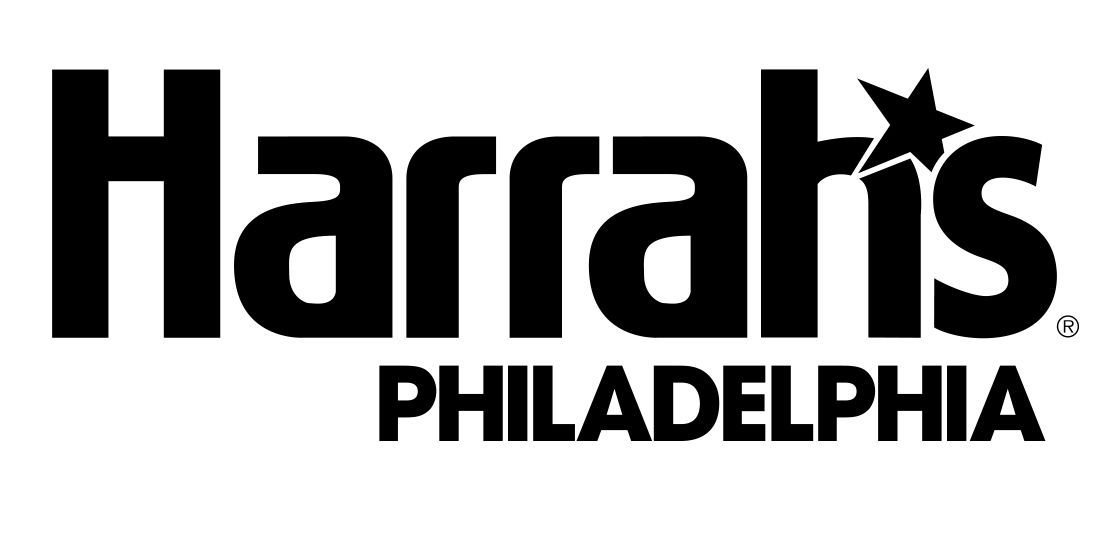Gov. Tom Wolf’s proposal to use $204 million to pay for college scholarships didn’t even get out of the starting gate before opposition began to mount.
The criticism wasn’t over the governor’s desire to help college students pay for tuition. Rather, it was his plan to divert the money from a fund to boost horse racing in Pennsylvania, a proposal that put a burr under the saddle of the horse racing industry.
“Let’s bet on our kids instead of bankrolling race horse owners,” Wolf said during his budget address Tuesday, drawing a tepid response from mostly Democratic lawmakers.
The governor proposes a scholarship program designed to help low- and middle-income full-time students who attend the 14 universities in the Pennsylvania State System of Higher Education. The state system schools include Shippensburg, Millersville and West Chester universities, among others.
Supporters, including state system leadership, praised the effort to help kids pay for college. Representatives from the horse racing industry saw the proposal as a crippling blow.
“If approved by the Legislature, this raid would result in the end of horse racing in Pennsylvania by eviscerating the primary funding source for the purses and breeder incentives that serve as the lifeblood of the industry,” said Pete Peterson, executive director of the Pennsylvania Equine Coalition.
The program calls for diverting the money to pay for tuition assistance from the Race Horse Development Trust Fund, which receives money from slots gaming in Pennsylvania casinos.
Wolf aims to create the Nellie Bly Scholarship Program, named to honor the woman who had to drop out of college more than a century ago after her father died and she couldn’t afford to remain in school.
“Nellie didn’t let that stop her. She went on to become a pioneering journalist responsible for bringing reforms to our mental health care system in the early 20th century,” Wolf said in his speech. “But more than 100 years later, we still see too many of our young people forced to drop out of college, or forced to move away from Pennsylvania, or forced to begin their lives buried under a mountain of debt.”
The Wolf administration anticipates the program will help at least 25,000 students annually pay their tuition and related costs after other financial aid sources are deducted. The catch is for every year, up to six years, that a student receives need-based assistance, they must remain in the commonwealth or the scholarship converts to a loan.
State System Chancellor Dan Greenstein applauded the initiative. He said it could help the state achieve its goal of having 60% of working age Pennsylvanians having a post-secondary degree or credential; incentivize students to start their careers in the state; and contribute to making a historic investment in the state-owned universities.
“Gov. Tom Wolf’s Nellie Bly Scholarship Program represents a watershed investment in the success of Pennsylvania’s students and the commonwealth’s public higher education system,” Greenstein said.
Officials in the horse racing industry argue the revenue needs to stay in the trust fund, which puts money into the purses awarded to top finishers in races as well as breeder incentives.
Peterson said losing the fund would devastate an industry that provides $1.6 billion in economic impact and supports 16,000 or more jobs in agriculture, manufacturing , construction, retail and hospitality industries.
Moreover, Peterson said it flies in the face of the 2017 Race Horse Industry Reform Act that was designed to modernize and salvage the state’s racing and breeding industry and blocked this kind of proposed transfer to provide economic certainty for investors.
This horse racing industry’s concerns didn’t fall on deaf ears. Legislative leaders of both parties said they were not ready to jump on board with the governor’s proposal.
“That has an impact on jobs and those communities” where horse breeding is a vibrant business, said Senate Majority Leader Jake Corman, R-Centre County. “The governor, it makes a nice line here for him and that’s important. But as we go through, we need to vet these proposals and see the total impact of them and make decisions.”
Senate Democratic Leader Jay Costa of Allegheny County considers the governor’s scholarship program proposal significant and worthy of consideration. But as for the funding source, he’s open to alternatives if the horse racing trust fund becomes an obstacle.
“It doesn’t necessarily have to be from that pot of money at the end of the day,” Costa said. “So our goal is to be able to figure out a way to enact the legislation and look at other possible revenue streams to try to address that if we need to.”
Sen. Scott Martin, R-Lancaster County, a state system board member who represents an area with a growing horse breeding industry, said he wants to see more details about the governor’s proposal before he makes any decisions about it.
But based on what he knows about the agreement that led to the 2017 law that protects the race horse trust fund from transfers like the one Wolf is proposing, he said, “You’re kind of begging for a lawsuit.”
Original Source from: PennLive











